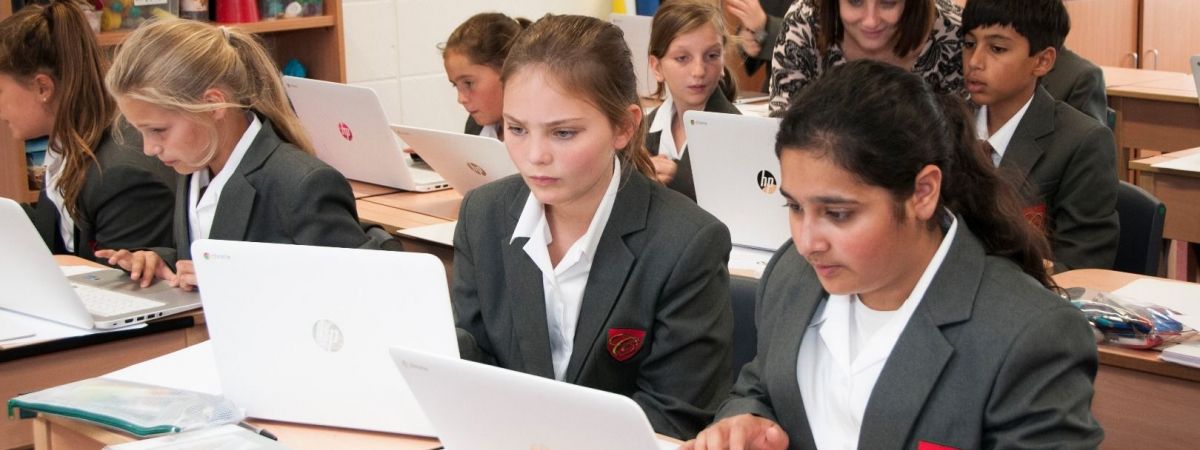Exploring the Primary Language Curriculum Communication Skills
Language proficiency is a fundamental skill that underpins academic success, social integration, and cultural understanding. In the context of primary education, the primary language curriculum plays a pivotal role in equipping students with the linguistic competence and communication skills necessary for effective expression and comprehension. Let’s delve into the key components and pedagogical approaches of the primary language curriculum and its significance in shaping the learning journey of young learners.

Foundations of Language Learning
1. Language Acquisition and Development
At the primary level, language learning begins with the acquisition of basic vocabulary, grammar, and phonetic awareness. Through exposure to rich linguistic input, interactive activities, and storytelling, students develop their receptive and expressive language skills. The primary language curriculum lays the groundwork for language acquisition by fostering a supportive learning environment that encourages experimentation, exploration, and engagement with language.
2. Literacy Skills and Reading Comprehension
Literacy instruction forms a cornerstone … Read more
Continue Reading


